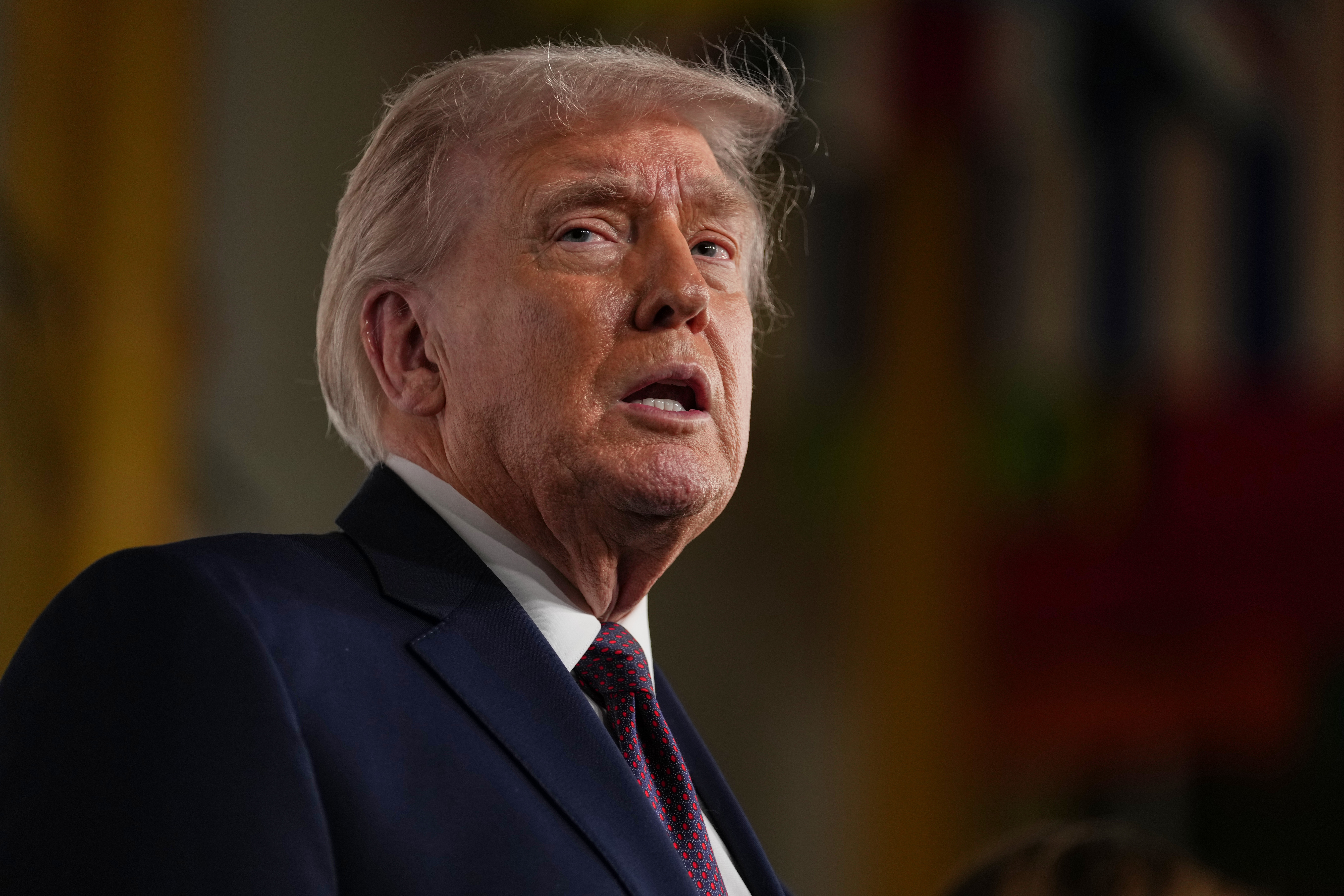"I think you're going to see very rapid action from Congress, certainly from the president. You're going to get your funding," President Donald Trump said at a news conference. "I've already spoken to Congress, and everybody feels for you."
With that sentence, Trump added even more pressure to House Speaker Paul Ryan's and Senate Majority Leader Mitch McConnell's completely full September. And disaster relief for Harvey could make Congress' big budget battle both more complicated and easier at the same time.
In Congress, disaster relief is something that typically brings everyone together. The political price you'll pay for voting against money to save lives and rebuild cities and towns is usually too high.
Congress hasn't really signaled how it plans to fund Harvey relief, but there are a couple of ways to do it. They could just pass a separate disaster relief bill, or they can attach the emergency funding to a budget measure that would keep the government open, which would have to be signed by Oct. 1.
Either way, Congress will have to wait on the Trump administration to put together a disaster relief request — adding even more stress and less time to its fall session.
Adding relief funds, no matter the dollar amount, to a government funding bill probably will look really good to Republican leadership. It will almost guarantee support from most Democrats for a budget and also from the 25 members of the Texas delegation in the House.
GOP leaders were already likely to make a budget a bipartisan effort to avert a shutdown, regardless of what the party's most conservative members might think; that group isn't likely to sign on a spending increase, anyway.
And tying relief funding to a spending bill might defuse Trump's threat to close down the government if he doesn't get funding for his so-called border wall — which would probably help GOP leaders sleep a bit better at night.




 Here's What Actually Shuts Down During A Government Shutdown
Here's What Actually Shuts Down During A Government Shutdown






